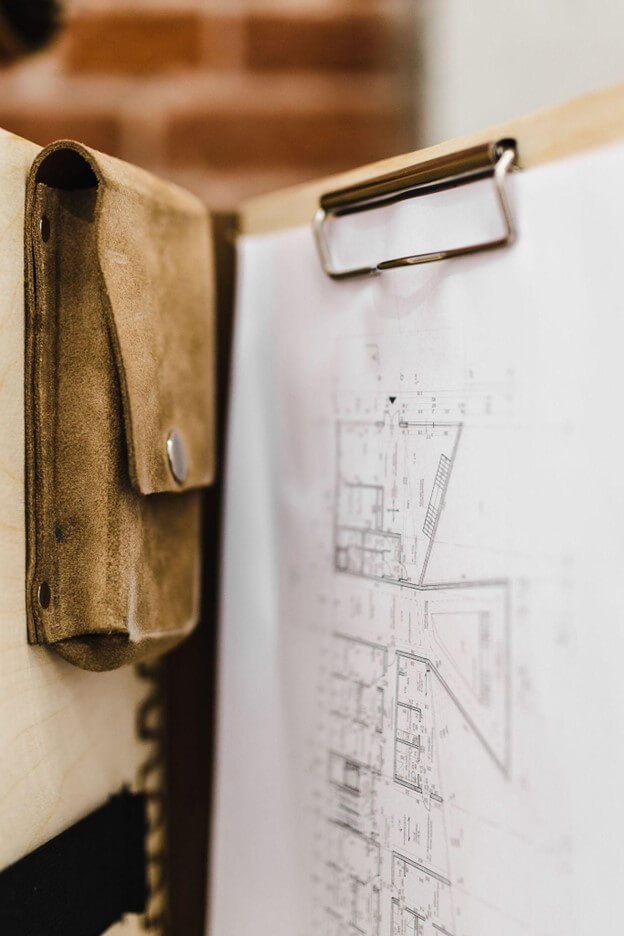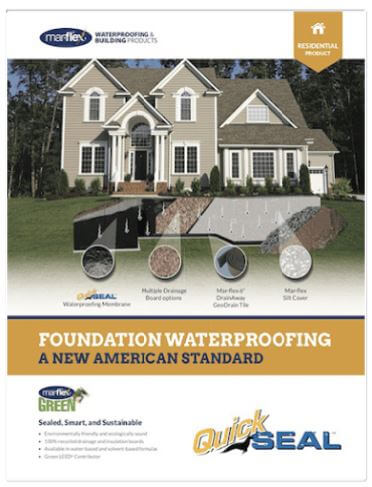Whether your next construction project is your first or one in a long series of successful projects, you want to make sure that you have the best contractors using the best materials.
You know that the cost and the quality are both variables, and they are related to each other (though not exactly the same thing.) By doing important planning and quality control work up front and throughout the process, you can make sure that your project meets or exceeds standards, and survives a lifetime or more.
Here are the steps for ensuring quality in your next construction project:
Define and clearly communicate your criteria
Before you approach a contractor, be clear about your own expectations. This is not an “in your mind’s eye” kind of clarity, but instead a specific list of expectations and intended results. If possible, it includes examples, time frames, and clear ideas on current needs and future needs following anticipated growth patterns and trends.
Put this in written form and discuss it with potential contractors, making sure they have the tools and the know-how to get it done.
Use checklists and follow an agreed-upon inspection plan
Building anything involves a series of negotiations around improvements, efficiencies, and situations that arise that could not be anticipated or planned for. Work with your contractor to establish a checklist for what you will be looking for at each phase of the process. Then use these checklists and inspection calendars to make sure the project is advancing as expected, or within acceptable variances based on unanticipated situations.
Following the checklist closely allows you to have a conversation about expectations in a structured way.
Look for quality work and products without micromanaging
It is tempting to walk the grounds at your site and find many reasons to be upset or excited, depending on your mindset or mood. But this is why you hired professionals. You will have a chance to kick the tires and point out details at the walkthrough, and when meeting about the checklists.
It is easy to burden your contractor down with a bunch of requests to handle things that just aren’t important at a specific stage, or are set to happen anyway, except someone had to stop to take your call. Use your meeting time to address major concerns. Then you can surface all of your concerns, if you are willing to accept “this will happen but not right now” as an answer.

